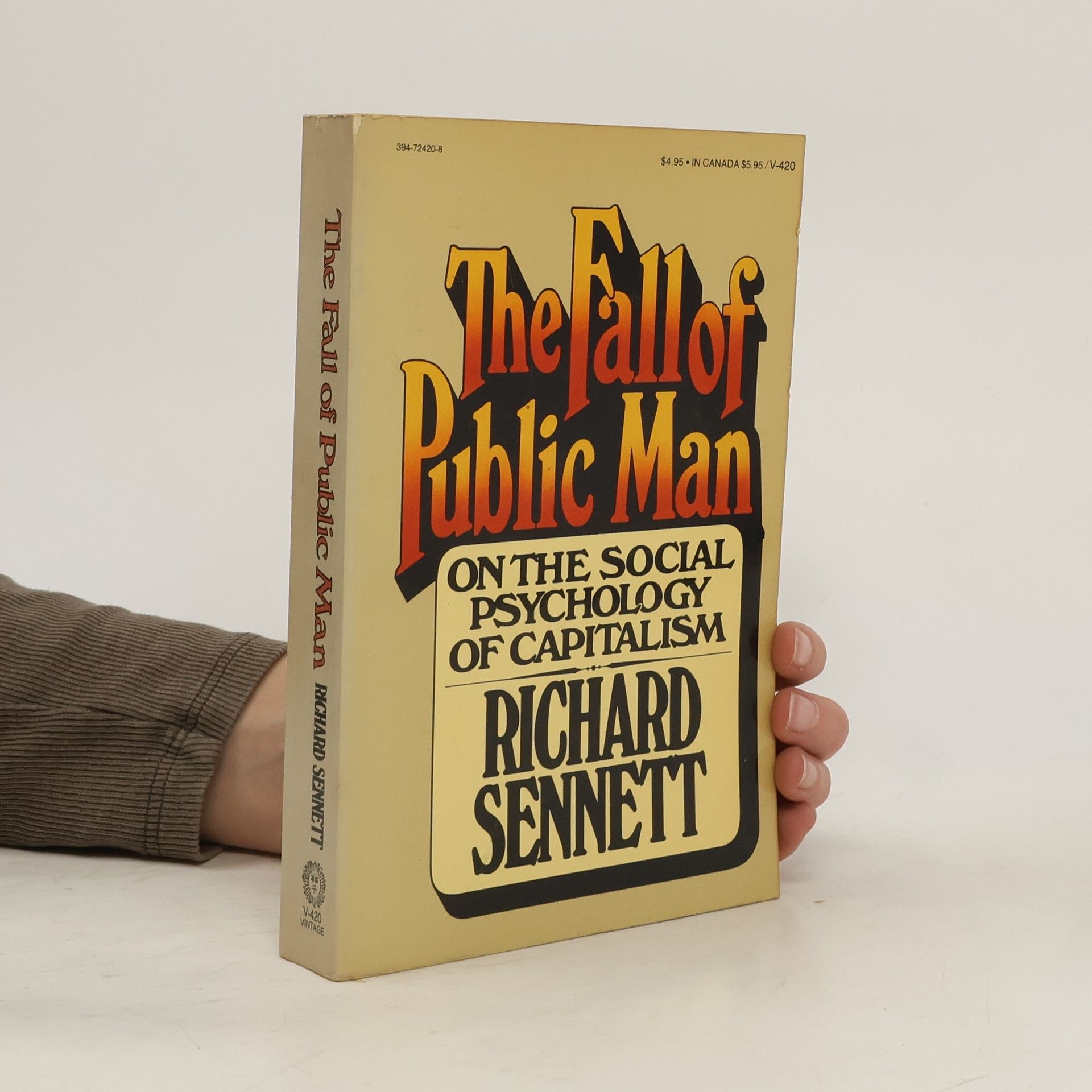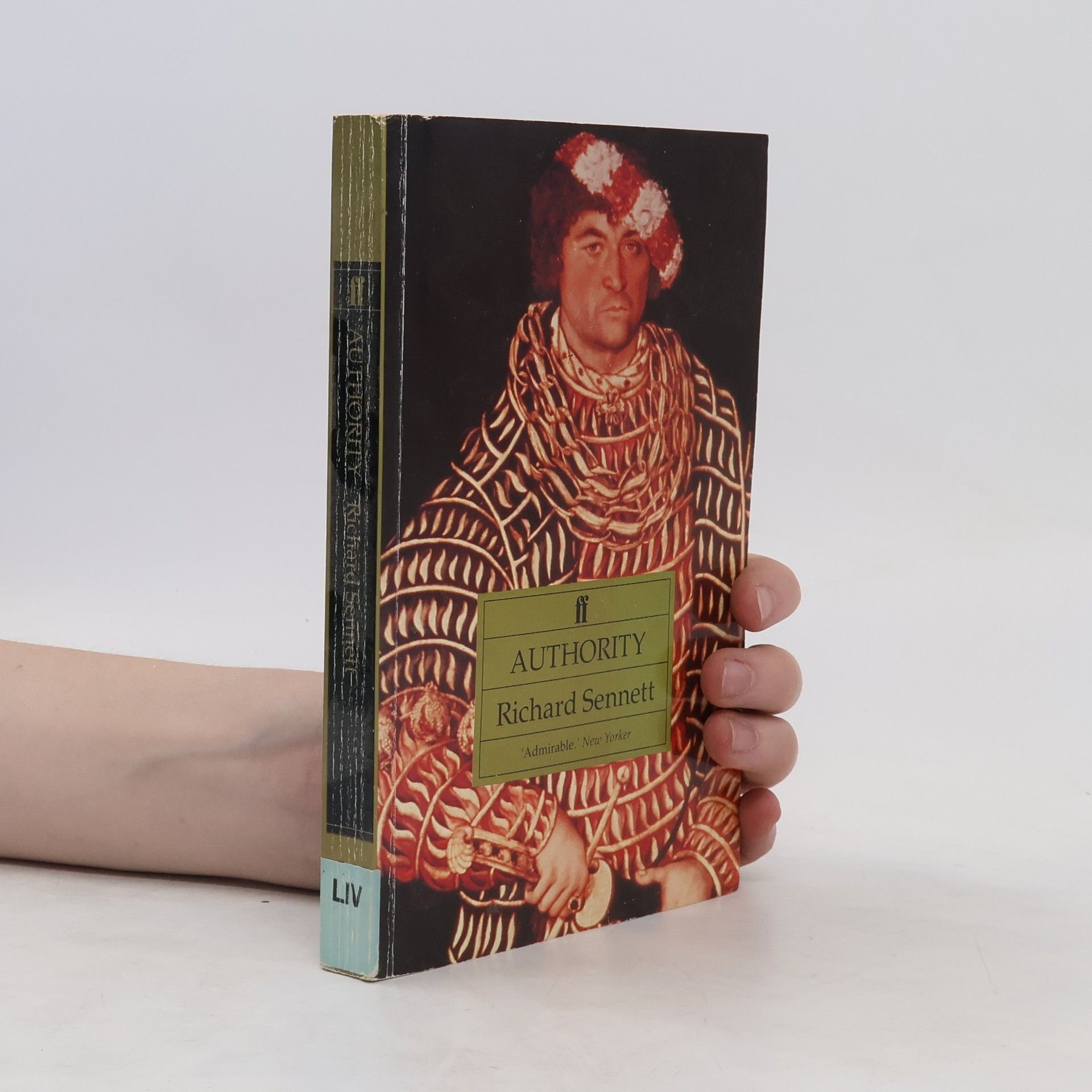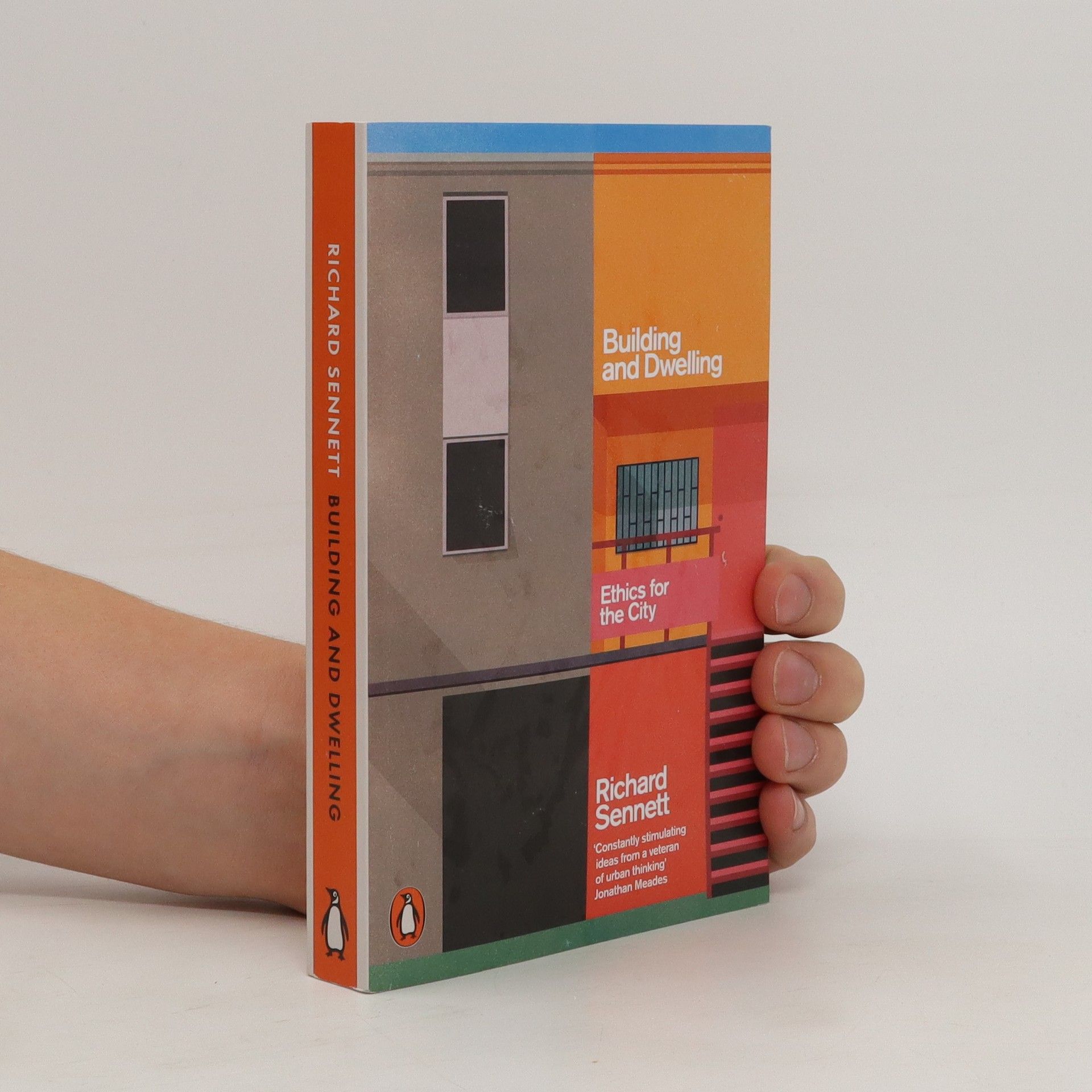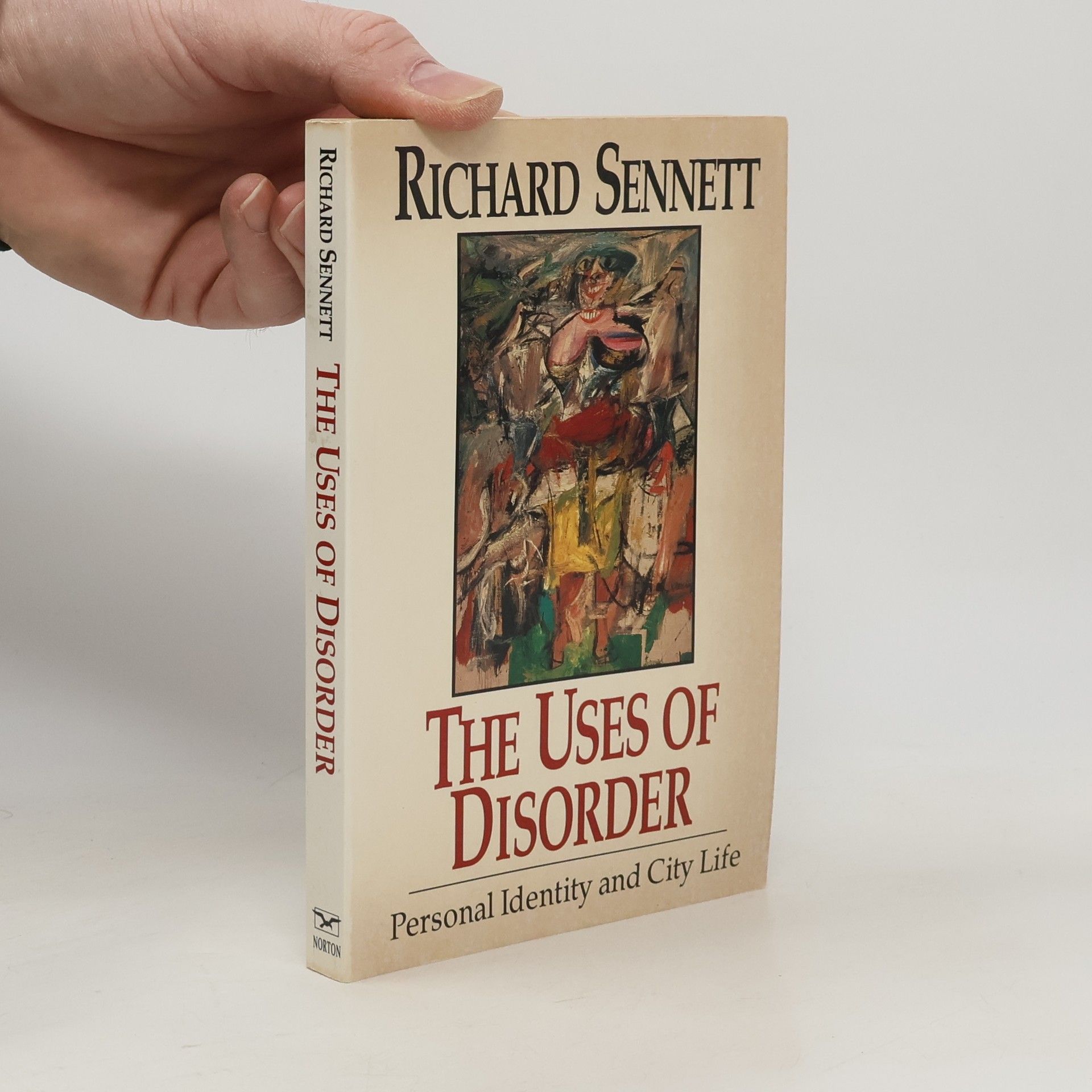Democracy and Urban Form
- 264 pages
- 10 hours of reading
Exploring the relationship between architecture and democracy, the book revisits Richard Sennett's 1981 lectures, emphasizing how urban design can influence public discourse. It argues that cities have the potential to either foster or hinder democratic engagement. With contemporary political polarization in mind, the text examines how thoughtful architectural choices can enhance civic dialogue and participation, highlighting the enduring significance of these ideas in today's context.






